We all know that the refrigerator is an indispensable appliance that helps keep our food fresh and safe to eat for longer periods. However, not all foods are meant to be stored in the chilly confines of the fridge. In fact, some foods can suffer in taste, texture, and quality when exposed to low temperatures. We asked Miele’s Culinary Lead, Cesar Fernandez to share the surprising foods that you should never store in your fridge and the reasons behind why.
1. Bread:
Many people often think that storing bread in the refrigerator will keep it fresher for a more extended period. Unfortunately, this is a common misconception. When you place bread in the fridge, it tends to dry out faster than when kept at room temperature. The starches in the bread begin to recrystallise in the cold environment, leading to a stale and unpalatable texture. To keep your bread fresh, it is best to store what you intend to eat within a day or two at room temperature, and if you have surplus loaves, freezing them is a better option.
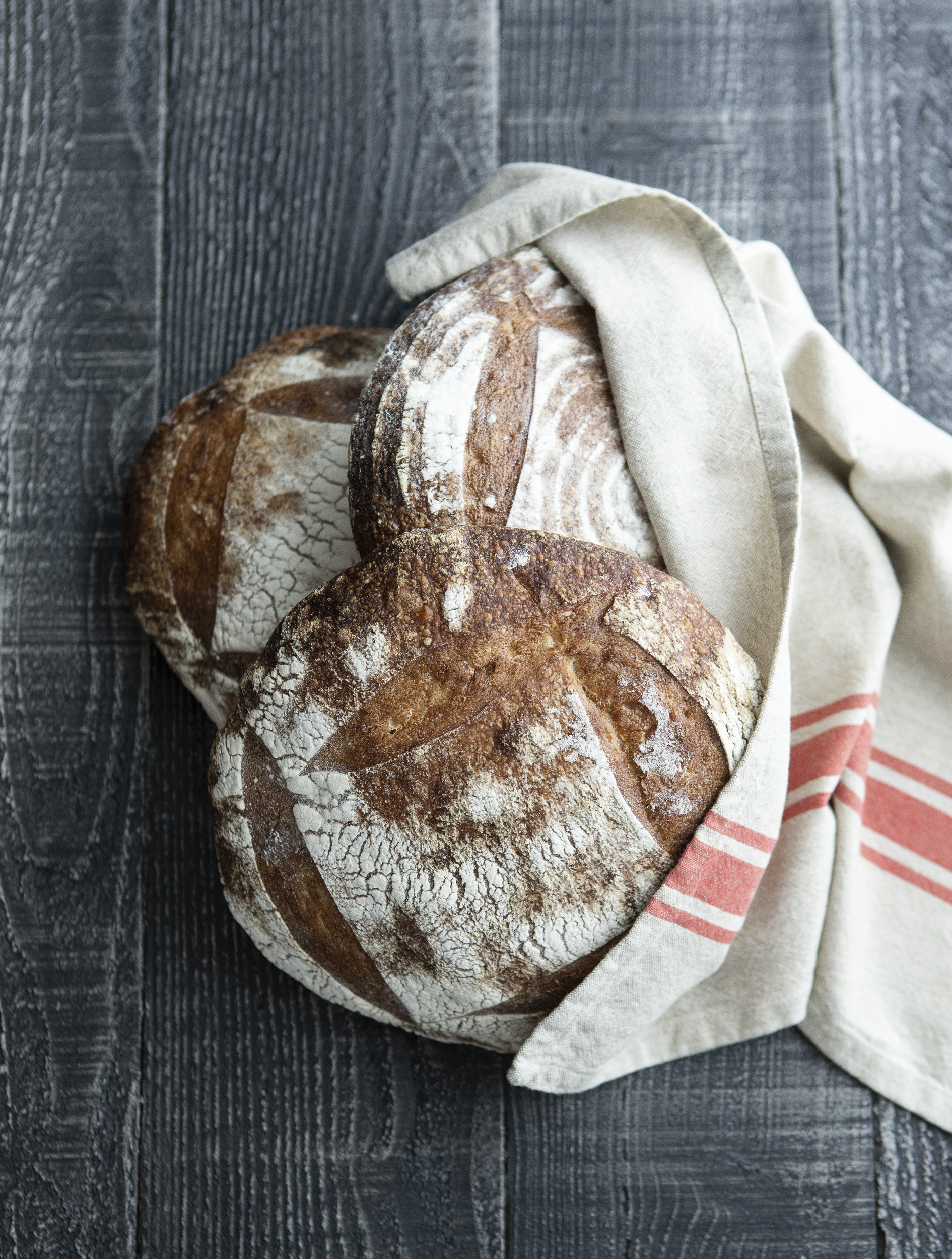
2. Tomatoes:
Juicy, ripe tomatoes straight from the garden are bursting with flavour and sweetness. However, storing tomatoes in the refrigerator can drastically alter their taste and texture. The cold temperature affects the enzymes responsible for the fruit's ripening process, causing a loss of flavour, and making them mushy. Instead, store tomatoes at room temperature, preferably in a paper bag to protect them from direct sunlight and allow them to ripen naturally.
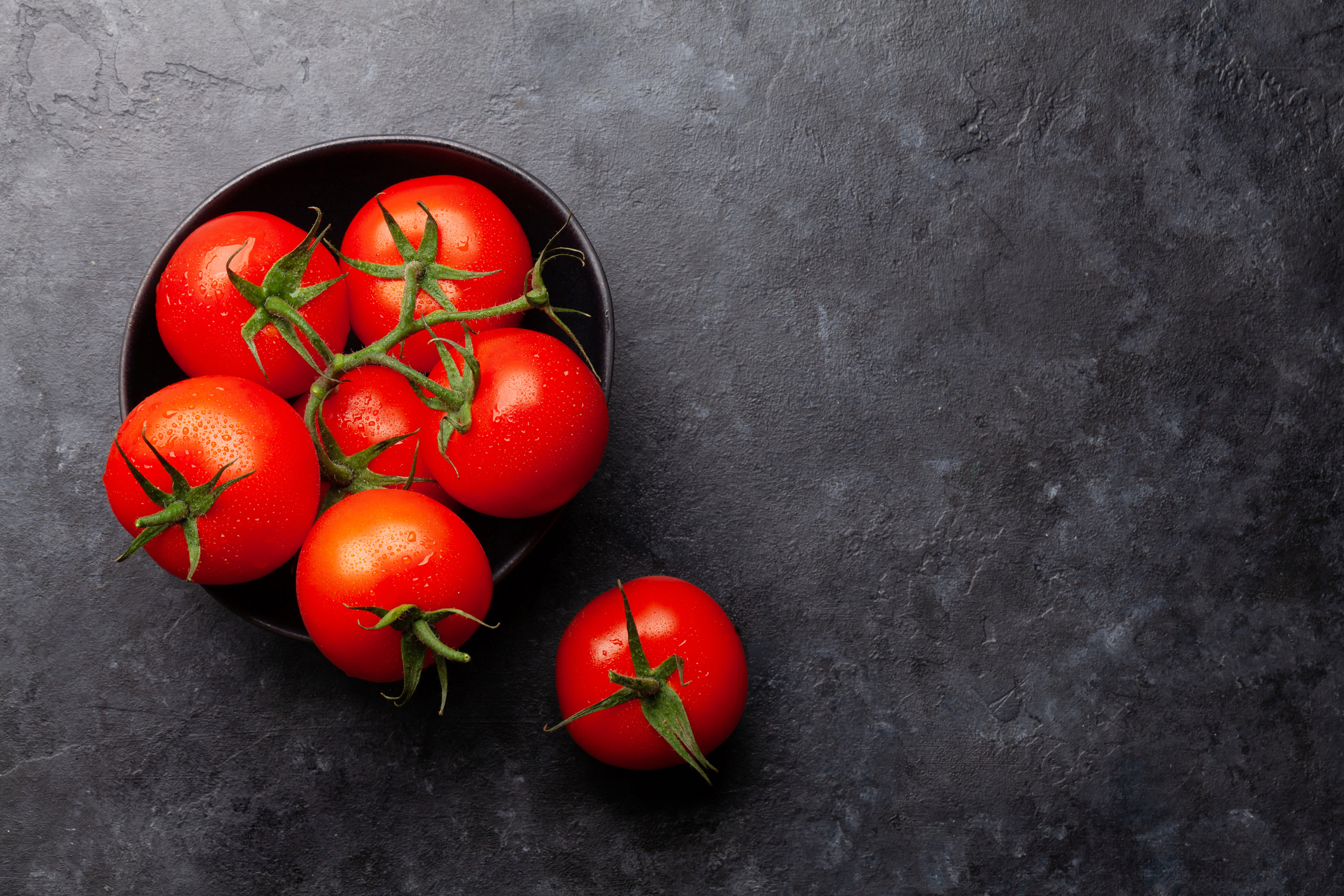
3. Ketchup, Mustard, and Soy Sauce:
Condiments like ketchup, mustard, and soy sauce often contain preservatives and vinegar, which act as natural preservatives. These ingredients help inhibit bacterial growth, allowing these condiments to remain safe for consumption even after opening. Storing them in the refrigerator is unnecessary and can even cause the thickening of certain sauces, making it difficult to pour or dispense them. It's best to store these condiments in a cool, dry place like your pantry, away from direct sunlight.
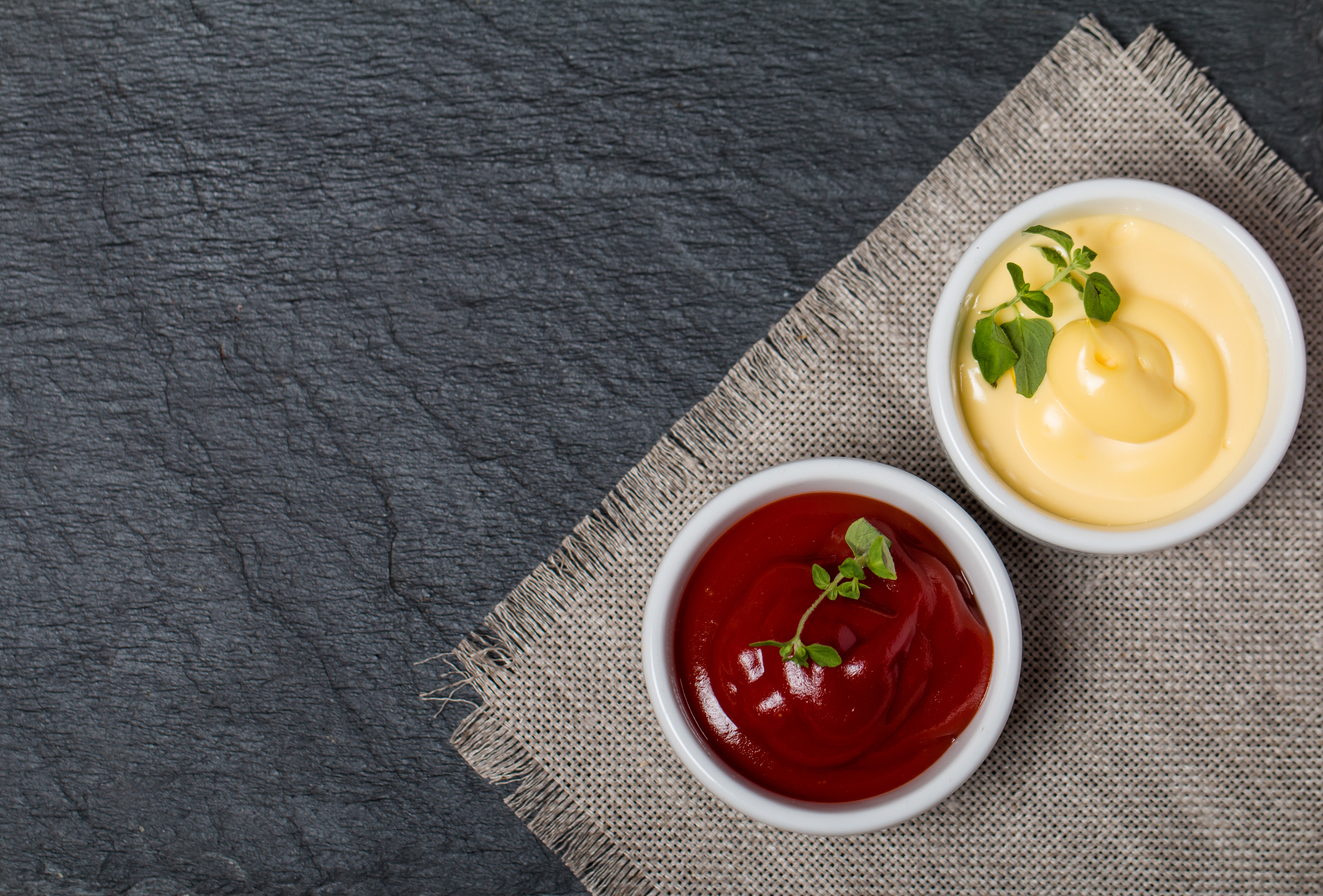
4. Berries:
Berries are delightful little treats, bursting with flavour and essential nutrients. While they are highly perishable and need proper storage, the fridge is not always their best friend. Refrigeration can cause the berries to lose their vibrant taste and texture. To enjoy the full flavour of your berries, store them at room temperature and try to consume them within three to four days of purchase. If you prefer a slightly crispier bite, you can always pop them in the fridge for a few minutes just before eating.
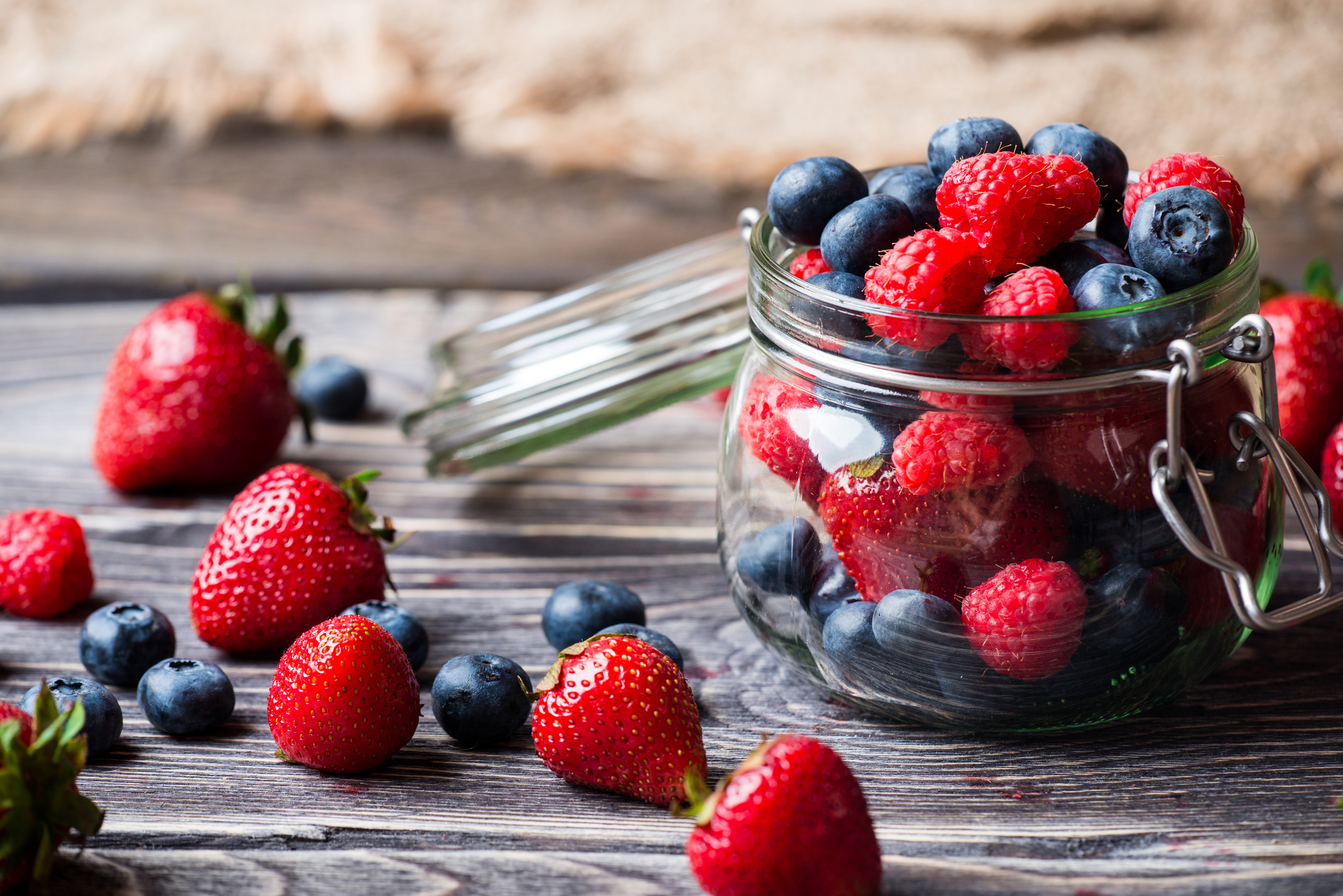
5. Garlic:
Garlic is a flavour powerhouse that adds depth to numerous dishes. Storing garlic in the fridge might seem like a reasonable idea, but it can lead to mould development and negatively impact its flavour. Garlic prefers a dry and cool environment, making it ideal for storage at room temperature. For best results, keep garlic and onions together in a slightly dark area of your kitchen, ensuring proper air circulation.
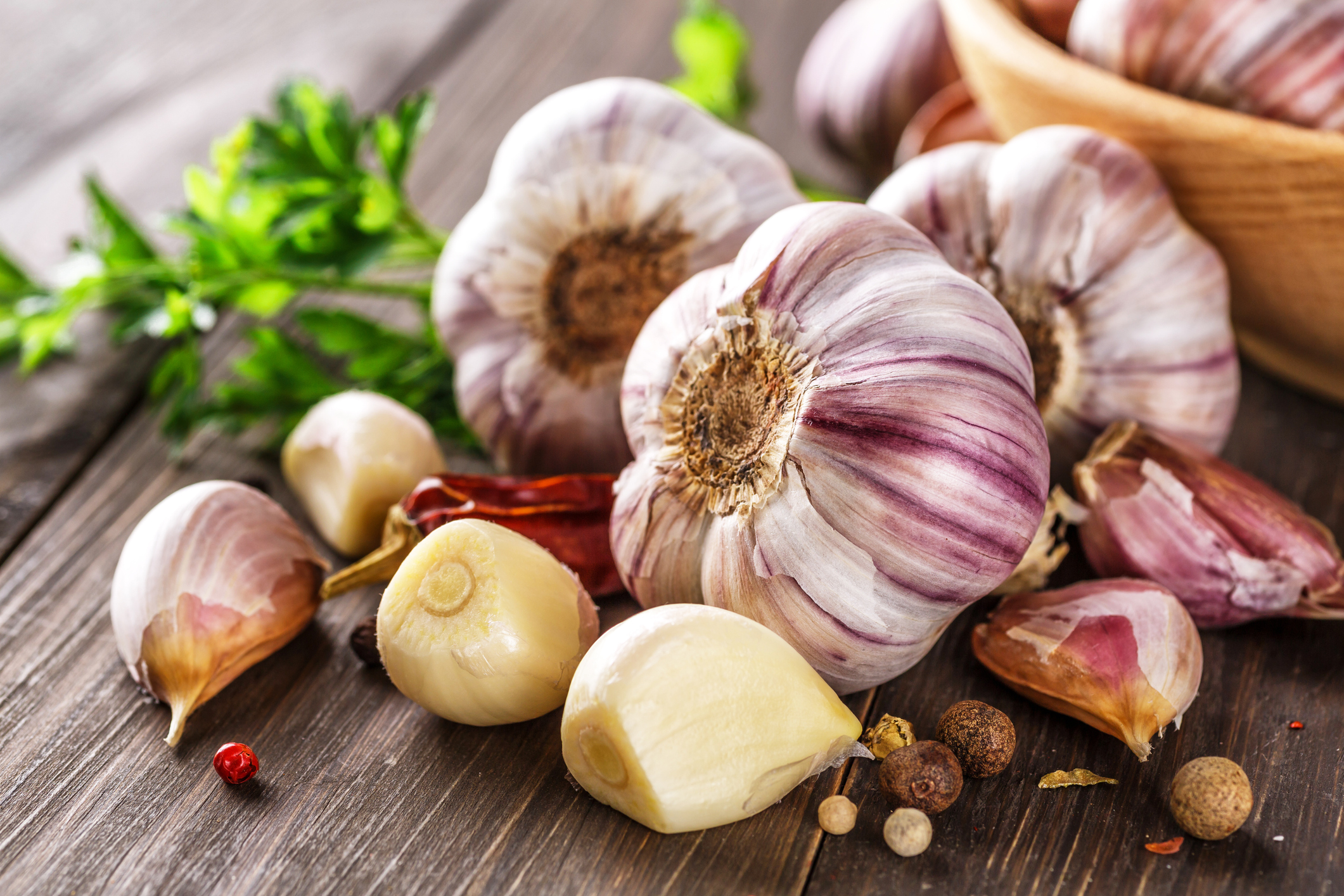
6. Potatoes:
Refrigerating potatoes can cause the starches to convert into sugar more quickly, leading to an unpleasantly sweet taste and a gritty texture. Instead, store them in a cool, dark place, such as a pantry or a cellar, in a well-ventilated container or paper bag to prevent sprouting.
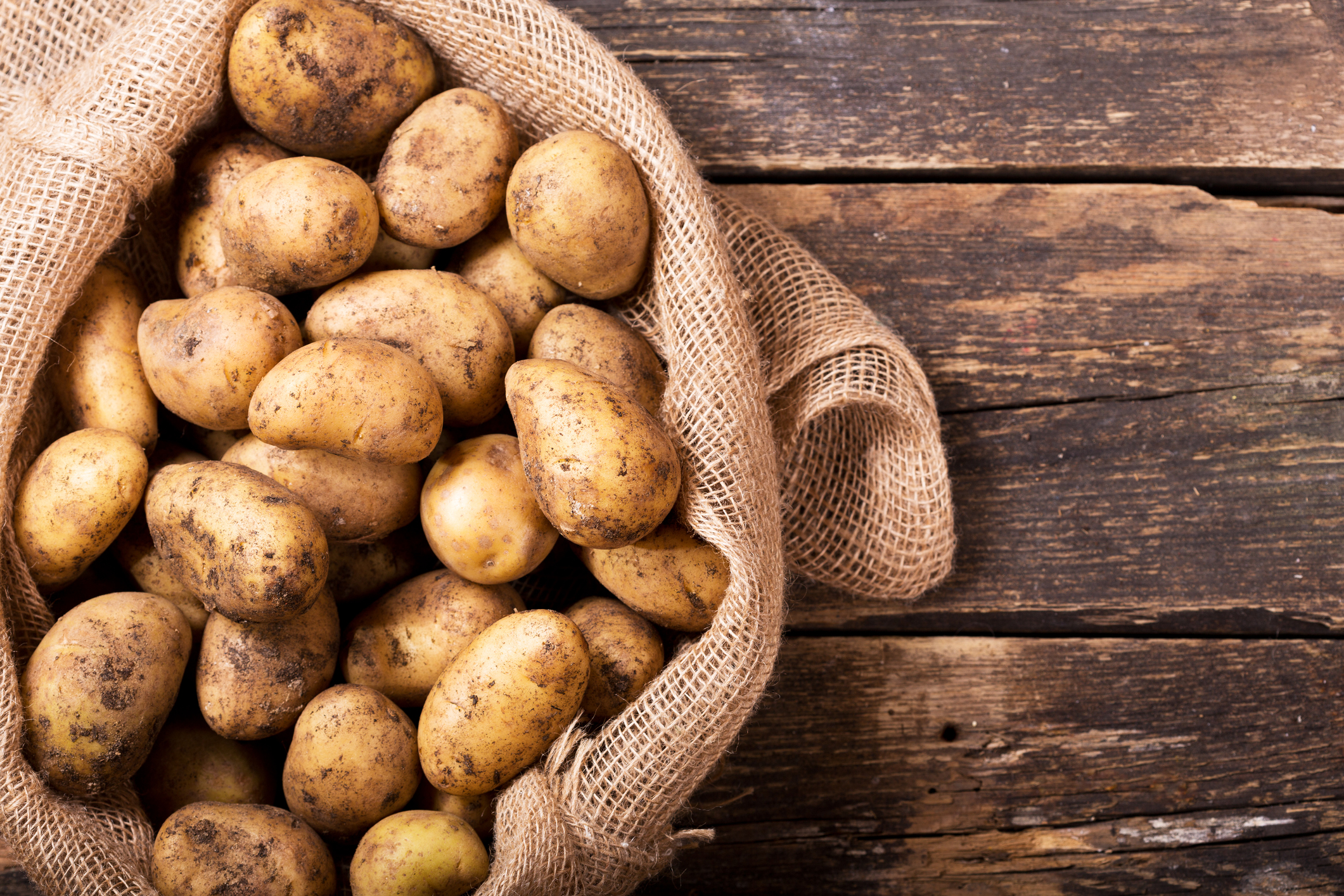
7. Onions:
Onions, like potatoes, prefer a cool and dry environment. When stored in the fridge, the moisture can turn the onions soft and mouldy. To keep them fresh, store onions in a mesh bag or a well-ventilated container in a cool, dark place.
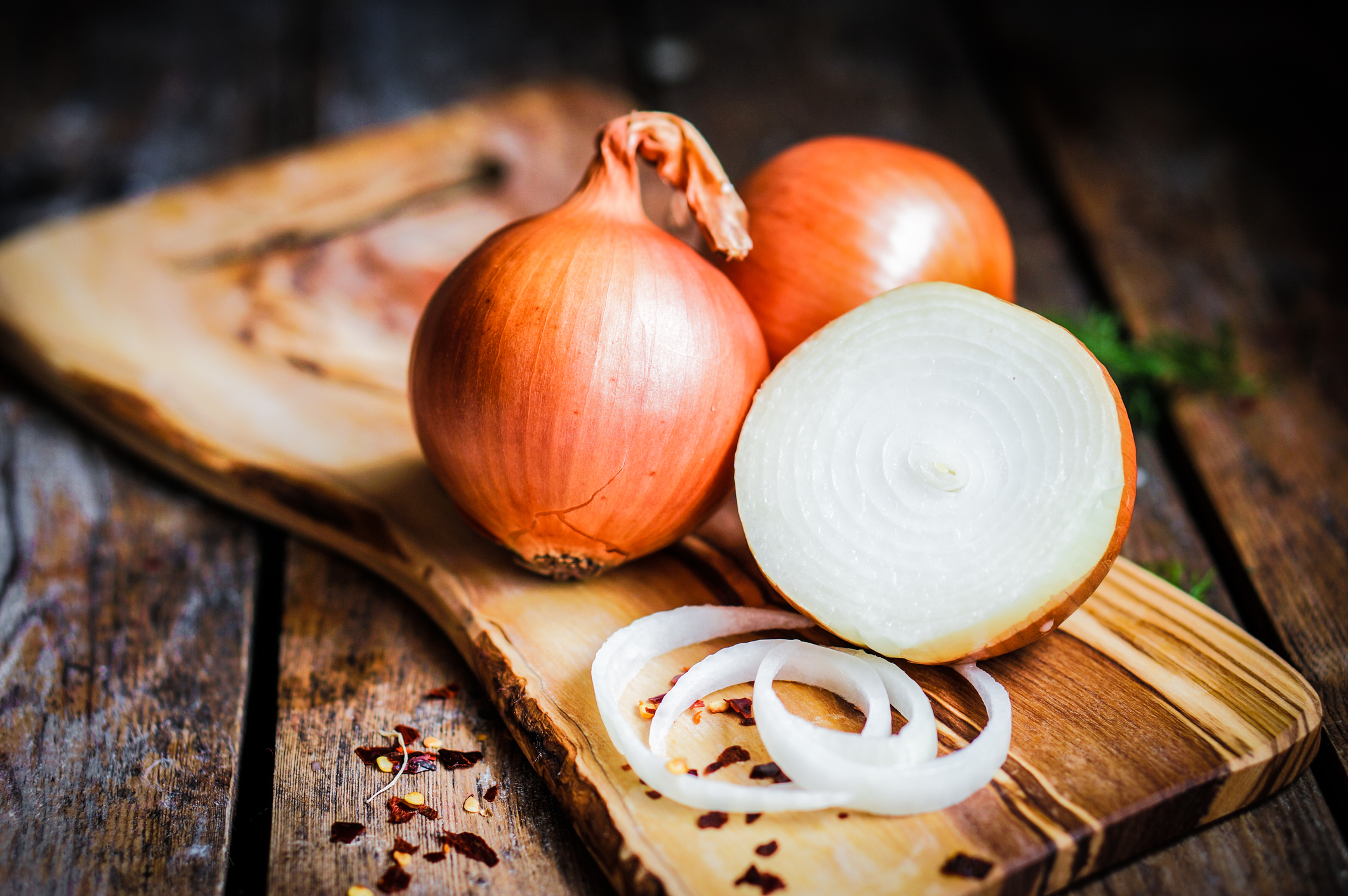
8. Honey:
Honey is naturally low in moisture and has natural preservatives, which means it can last indefinitely when stored properly. Keeping honey in the fridge can cause it to crystallize and become thick and difficult to use. Instead, store honey at room temperature in a tightly sealed container.
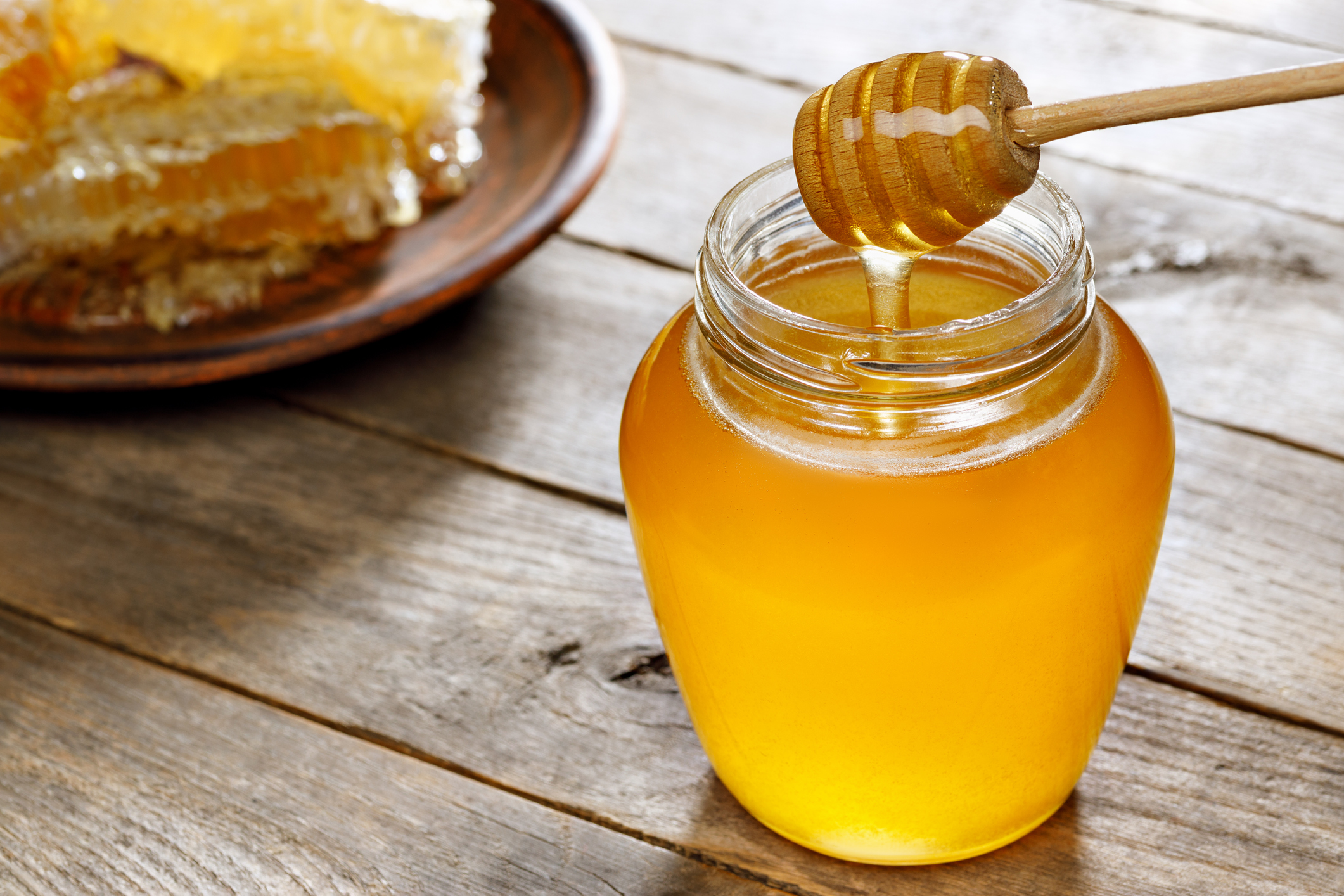
9. Avocados (Unripe):
Avocados need warmth to ripen properly. Storing unripe avocados in the fridge can delay the ripening process and result in an unappetising texture. Keep unripe avocados on the worktop until they are fully ripe, then you can transfer them to the fridge to extend their shelf life for a few more days.
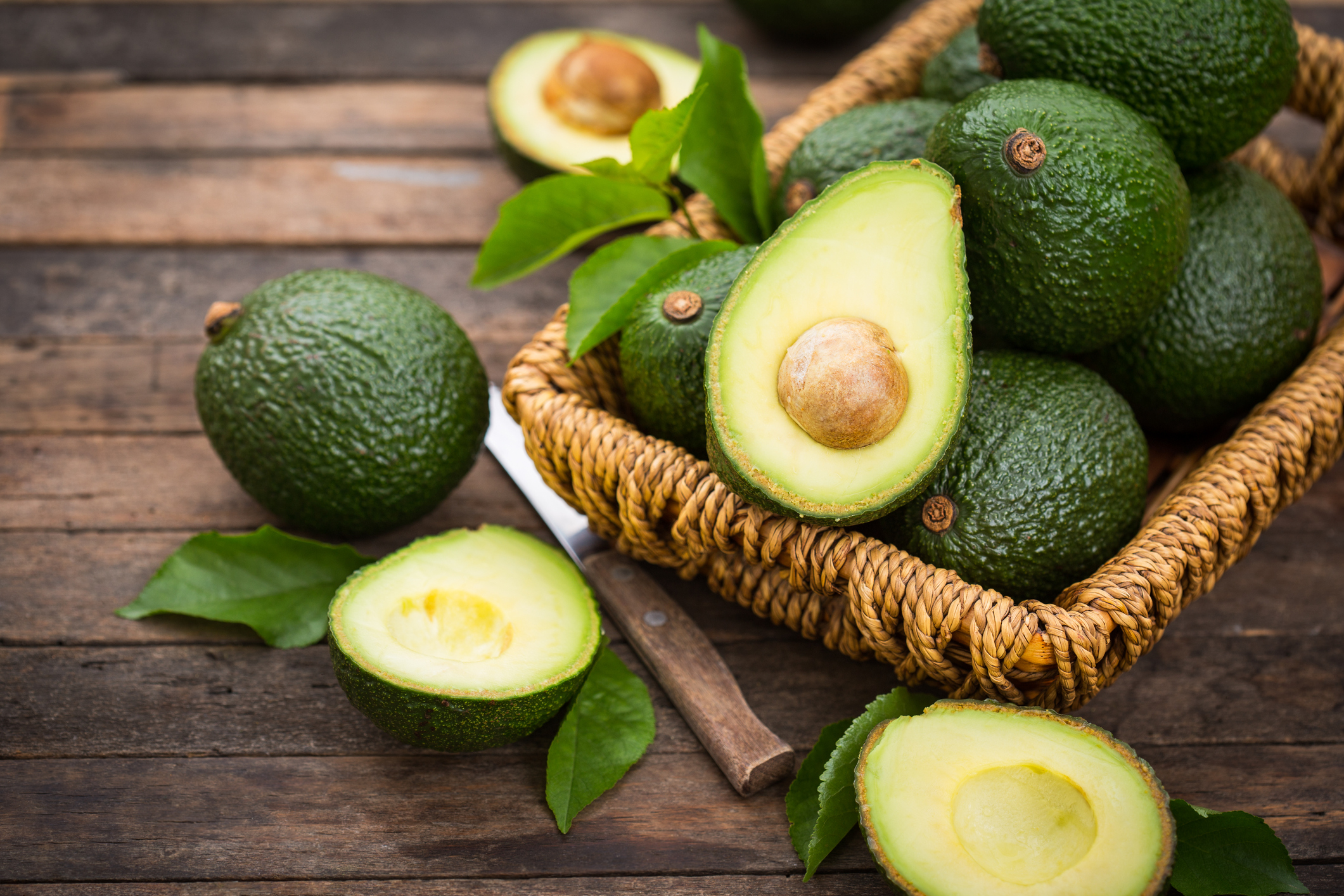
10. Melons (Unripe):
Melons, like watermelons and cantaloupes, should be kept at room temperature until fully ripe. Refrigerating unripe melons can lead to a loss of flavour and texture. Once they are ripe, you can store cut melon in the fridge to keep them fresh.
11. Coffee Beans:
Coffee beans are porous and can easily absorb odours and moisture from the fridge, which can affect the flavour of your brew. It's best to store coffee beans in an airtight container in a cool, dark place, away from heat and moisture.


